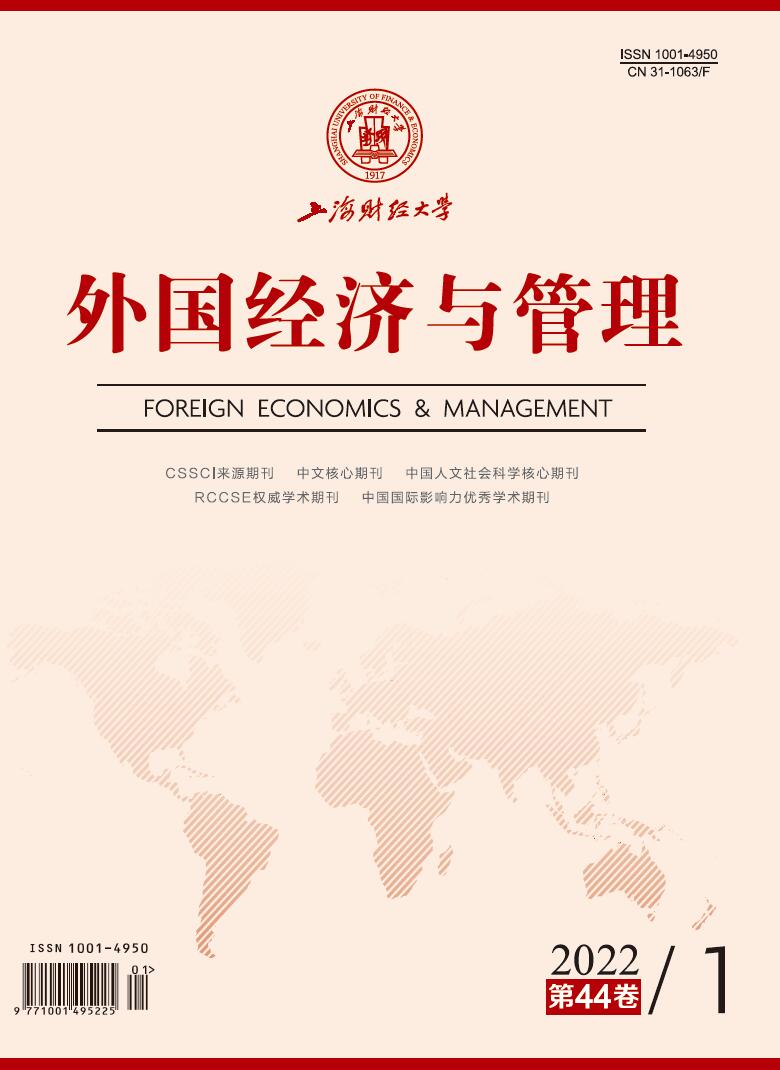Tax collection and management, as an external governance tool for companies, can act on the operational aspects of companies, affecting the business and audit risks faced by auditors, thereby affecting the audit fees of companies. However, there is currently little literature on the impact of tax collection and management on the audit fees of companies. In view of this, this paper selects A-share listed companies from 2010 to 2019 as the research sample and uses the “Golden Tax-III” project as a “quasi-natural experiment” to empirically test the impact of tax collection and management with the application of big data on the audit fees of listed companies. We find that the “Golden Tax-III” project has increased the audit fees of listed companies. The mechanism analysis shows that the “Golden Tax-III” project has pushed up the actual tax rate of listed companies and reduced the profitability of listed companies, increasing the business risks of auditors, thereby increasing audit fees. Meanwhile, the enhanced supervision of tax-related information has also improved the quality of corporate accounting information, reduced the audit risk of auditors, and thereby reduced audit fees. Comprehensively speaking, the former has a greater impact on audit fees than the latter, leading to an increase in audit fees of listed companies. Further analysis finds that the impact of the “Golden Tax-III” project on audit fees is more significant among non-state listed companies and listed companies audited by non-international big four accounting firms.
The possible contributions of this paper are as follows: First, to distinguish it from previous studies, this paper examines how tax collection and management affects the audit fees of companies for the first time. Taking external tax collection and management as the entry point, it empirically examines the impact of the “Golden Tax-III” project on the audit fees of listed companies, and explores how the auditor’s business risk and audit risk play a role in the mechanism, thus expanding the research horizon on the factors affecting audit fees. Second, along the line of literature that tax collection and management can affect tax burden and strengthen company governance, this paper further investigates the impact of tax collection and management on audit fees and reveals the mechanisms from two paths, enriching the research literature on the economic consequences of tax collection and management. Third, the conclusions of this paper have certain policy implications. This paper finds that tax-related information regulation strengthened by tax departments, on the one hand, improves the quality of companies’ accounting information and helps to reduce audit fees; on the other hand, it raises companies’ effective tax rate, deteriorates their business performance, and ultimately leads to higher audit fees, which further weakens the dividends of current tax reduction policies. The results suggest that, while strengthening tax supervision, tax departments should cooperate with further tax and fee reductions to reduce the tax burden of companies and promote their development.





 10939
10939  5011
5011

